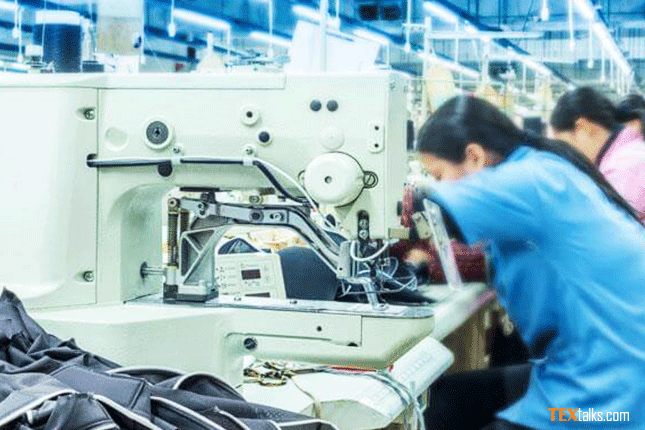A group of 53 members of the European Parliament (MEP) recently wrote a letter to commissioners Virginijus Sinkevicius (Lithuania; environment, fisheries and ocean), Phil Hogan (Ireland; trade), Didier Reynders (Belgium; justice) and Jutta Urpilainen (Finland; international partnerships) endorsing civil society’s approach to rethinking the global textile value chain.
The letter stressed the “need to adopt a truly comprehensive approach that deals with the various issues highlighted in [the] civil society strategy, including human rights, environment, governance, and gender”.
Following the announcement of a new ‘comprehensive strategy for textiles’ by the European Commission, in April a collective of 70 civil society organisations, including Belgium-based European Environmental Citizens Organisation (ECOS), proposed their own non-official ‘shadow strategy’ outlining the measures that the EU could take to contribute to fairer and more sustainable global textile, garments, leather and footwear (TGLF) sector.
The TGLF sector has long been characterised by labour rights and human rights abuses along with the immense pressure it exerts on our environment and climate. The civil society shadow strategy proposed a unified and comprehensive approach to tackling the various problems associated with the TGLF sector, according to an ECOS press release.
The civil society recommendations for a comprehensive EU textile strategy include ensuring companies are legally obligated to take responsibility for not only their own activities but their whole supply chain and stricter environmental rules that cover how textile products sold in the EU are designed and produced, legal and financial responsibility on producers for when their products become waste, as well as meaningful measures to promote transparency.



